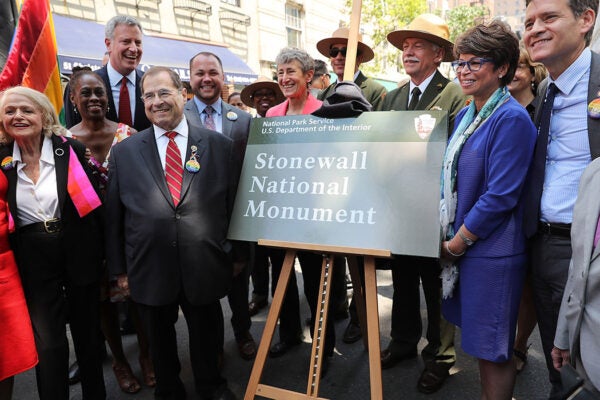Stonewall National Monument Declaration: Annotated
In June 2016, President Obama proclaimed the first LGBTQ+ national monument in the United States at the site of the 1969 Stonewall Uprising in New York City.
How Hungary’s Hard Rock Became Hard Right
Punk and hard rock—or at least extremist, right-wing versions of them—are alive and well in post-Cold War Hungary.
Walking the Race Line on the Train Line
Investigators never reached a conclusion about the death of Pullman porter J. H. Wilkins, but his killing revealed much about the dangers of his profession.
Marseille: Independent, Industrial, and Mediterranean
From Caesar’s Commentaries to the modernism of Le Corbusier, the port city of Marseille has preserved a sense of individuality and industry.
Military Policing and Militarizing the Police
The use of military strategies inside the borders of the United States has long been connected with racial politics.
First Comes Love
A top divorce lawyer collected strangers’ marriage certificates and other wedding-related ephemera—a testament to her perhaps surprising faith in matrimony.
How Steelworkers Stopped a Paramilitary Movement
Despite failing to break the Homestead Strike in 1892, the Pinkerton Agency demonstrated the extralegal threat paramilitary agencies created for Americans.
The Ever-Lengthening History of Tobacco
People have been smoking in the Pacific Northwest for more than 4,500 years.
Mapping “Indian Country”
In the early 1800s, the Native people of the Plains region didn’t generally think about their land in terms of tribes, territories, or racial difference.
One Thousand Years of Domelessness
For more than 900 years, between the fifth century and the Renaissance, Romans didn’t cap their buildings with domes. Why?









